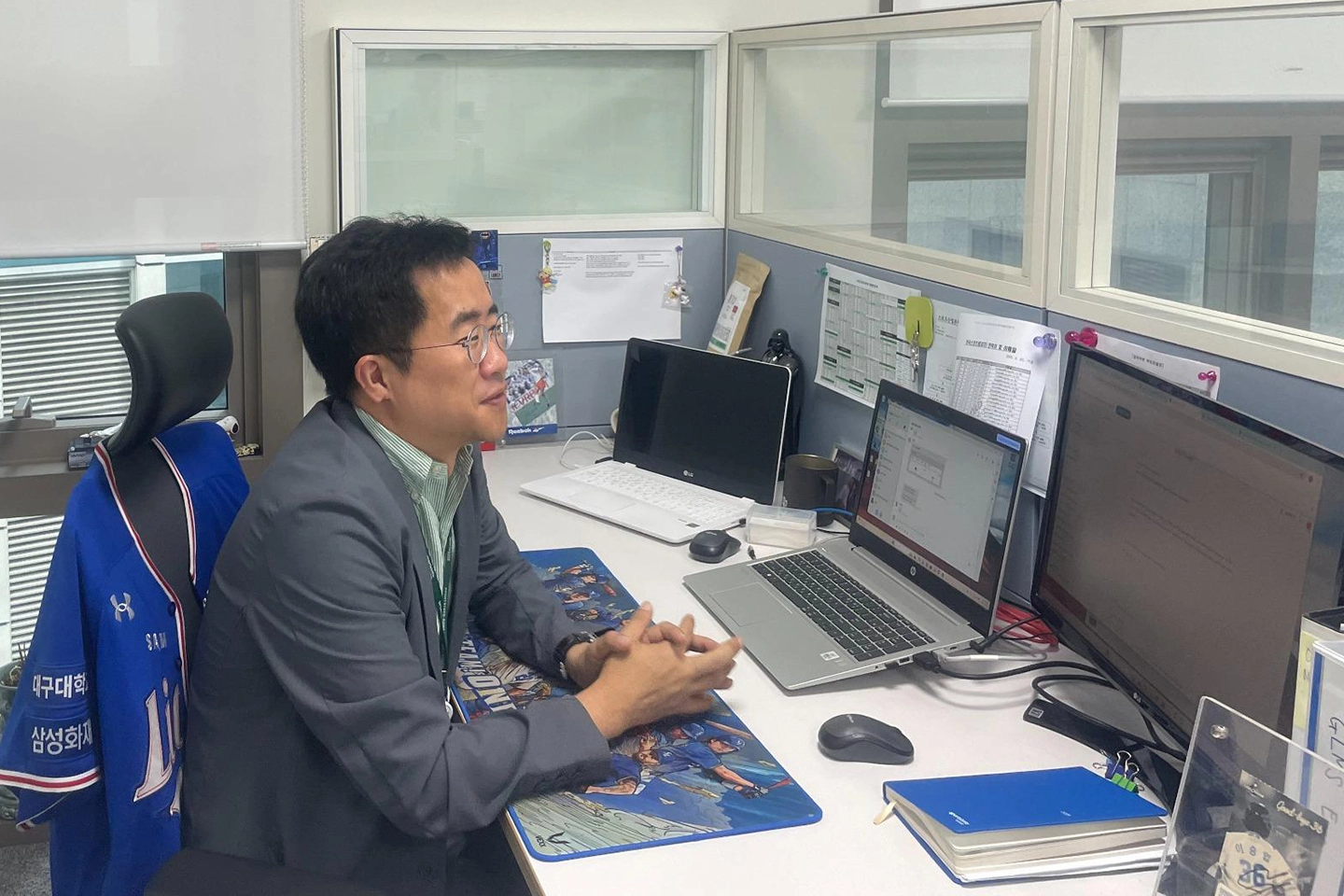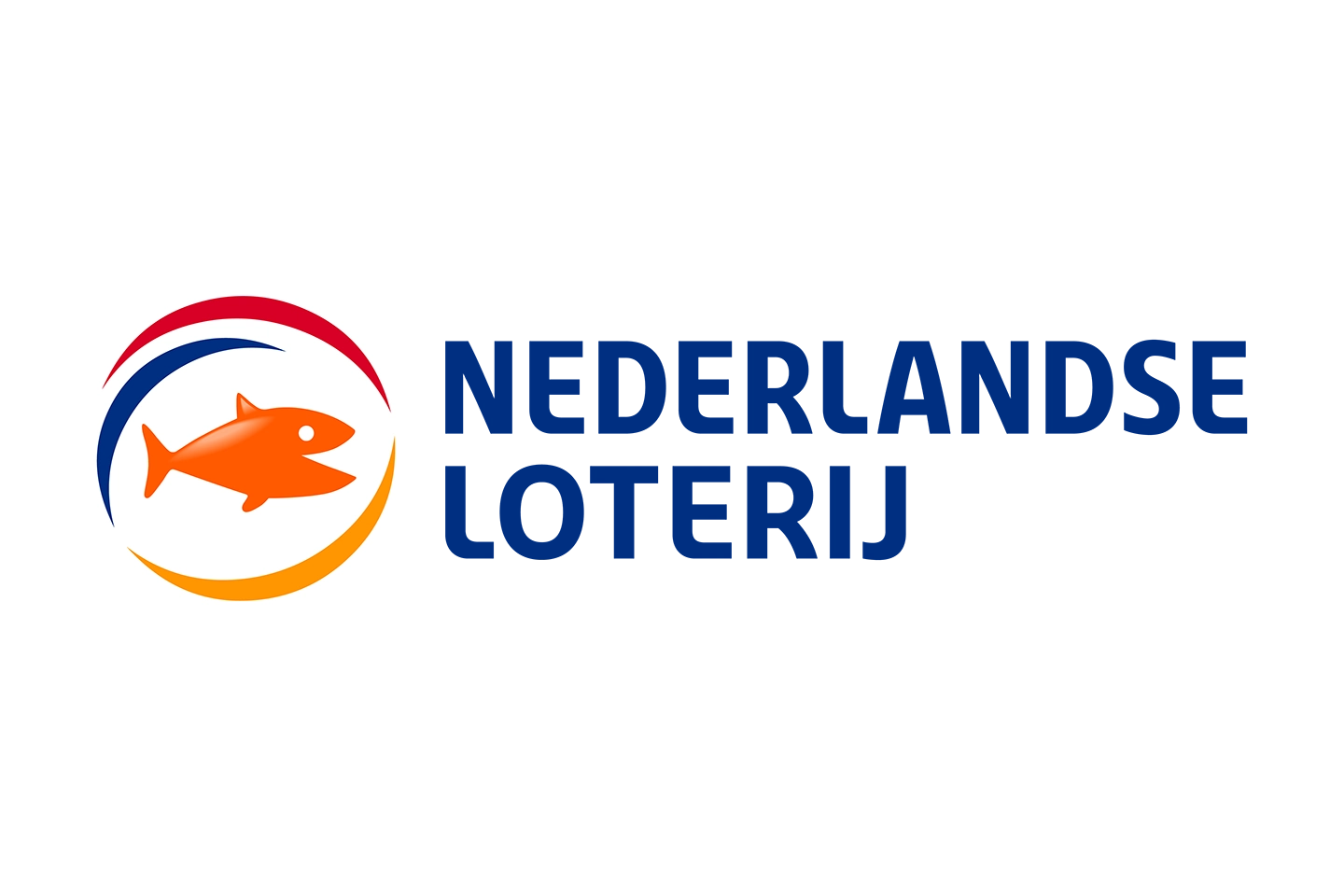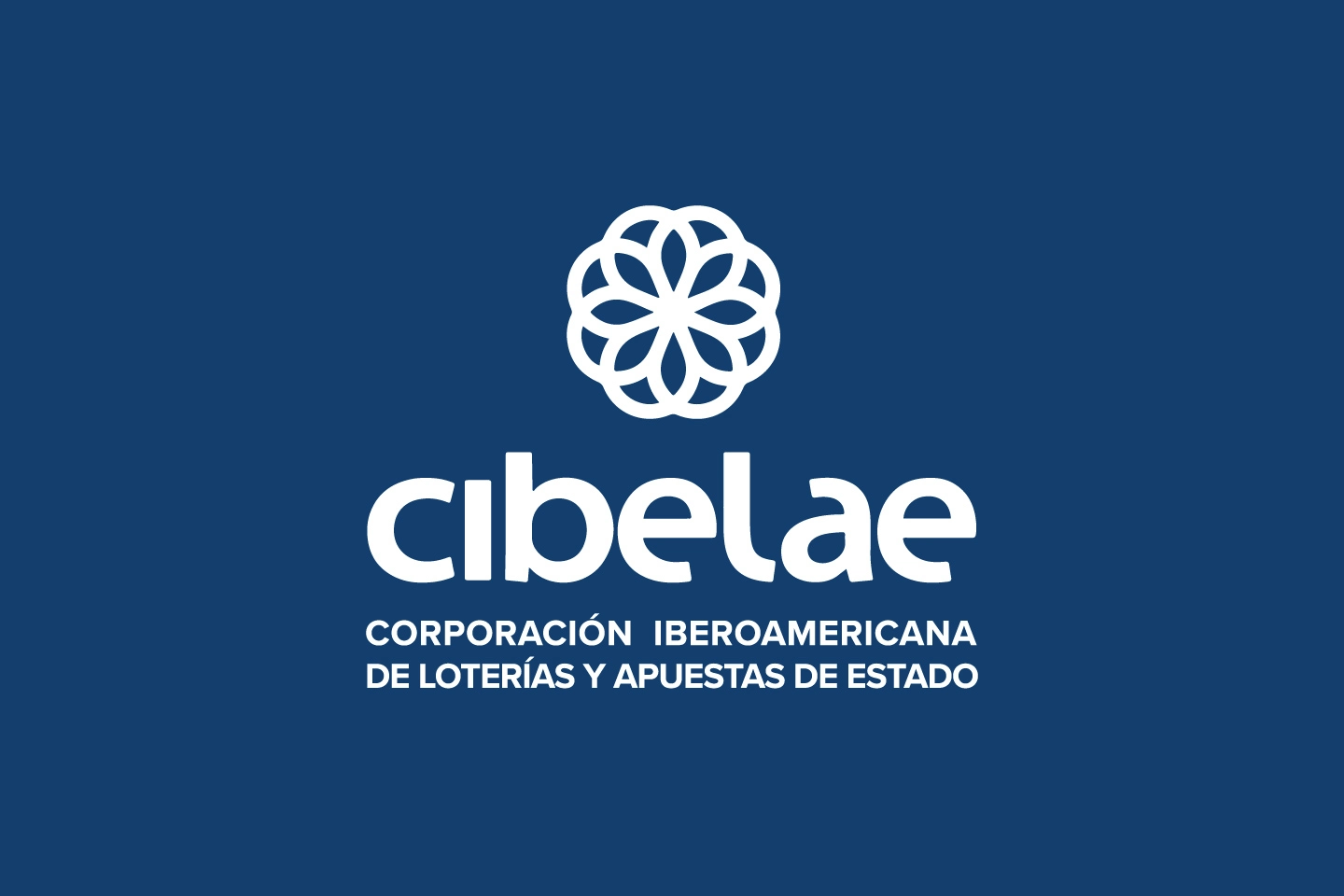Korea Sports Leisure, is a state operated business of the Korea Sports Promotion Foundation (KSPO), and is the only legal sports betting operator in Korea. Established in April this year, it is committed to promoting a healthy leisure culture and enhancing sports welfare for the public.
Ilho Lee began his career at Korea Sports Leisure (KSL), (formerly Sportstoto, Republic of Korea), in 2004. He began as an odds compiler and advanced to the odds compiling team manager in 2011, and has been overseeing product operations, managing both pari-mutuel and fixed odds products since 2020.
In the following interview Lee discusses the work of Korea Sports Leisure to tackle match fixing, and its ULIS membership.

Online sports betting is very popular, which sports and types of betting does Korea Sports Leisure offer?
Unlike in many international markets where online betting is dominant, online sales account for only about 20 percent of total betting at Korea Sports Leisure (formerly Sportstoto Korea). This relatively low proportion is due to strict government regulations aimed at promoting responsible gambling. Currently, mobile betting has not yet been implemented – only PC-based betting is allowed – but it is expected to launch sometime in 2026.
In March 2025, the online purchase limit per program was raised from KRW 50,000 (EUR 31) to KRW 100,000 (EUR 62), which has contributed to a modest increase in the share of online betting. However, the total daily purchase limit remains capped at KRW 600,000 (EUR 374).
Korea Sports Leisure offers legally authorized betting on major sports such as football, baseball, basketball, and volleyball. The available bet types are primarily fixed-odds formats, including popular markets, such as handicap, total (over/under), and correct score. All betting products are developed and operated under a strict responsible gaming framework and are fully compliant with national regulatory standards.
What is the situation with match fixing in Asia and specifically Korea, and how does it affect Korea Sports Leisure?
Match fixing remains a concern in many parts of Asia, including Korea, particularly in less regulated or underground betting markets. In the past, Korea has faced notable match fixing scandals, particularly in football and volleyball, which raised public awareness of the issue. For Korea Sports Leisure, operating under a government license, maintaining public trust and sports integrity is paramount. We actively monitor betting patterns and work closely with regulatory and investigative bodies to detect and deter any suspicious activity.
What are some of the key challenges you face in combating these issues?
The biggest challenge is the presence of illegal online betting platforms that are not subject to the same oversight and integrity standards. These platforms often lack transparency and can be exploited for match fixing. Another major challenge is keeping pace with increasingly sophisticated manipulation techniques. For example, to bypass the KRW 100,000 (EUR 62) per-person purchase limit, certain actors have orchestrated coordinated mass purchases through multiple retail outlets using different individuals or accounts. These tactics can distort betting patterns and undermine the fairness of the system. To counter such risks, we invest in advanced data analytics, provide ongoing education to sports and retail stakeholders, and actively collaborate with international partners through networks like ULIS.
How does ULIS support the regulated lottery and sports betting industry?
ULIS provides valuable support by facilitating information sharing, issuing alerts on suspicious matches, and offering integrity training programs. It also enables regulated operators to collaborate globally in real time, which is crucial in detecting transnational manipulation. The centralized monitoring and risk assessment provided by ULIS significantly strengthens our internal capabilities.
In particular, ULIS's tournament and league assessments are highly beneficial from a risk management perspective. When high-risk teams are identified through these assessments, we are able to take preemptive measures – such as excluding their matches from betting programs – to prevent potential integrity threats in advance. This kind of actionable intelligence has proven instrumental in safeguarding the fairness and credibility of our operations.
Why did your organization become a ULIS member?
Korea Sports Leisure became a ULIS member to enhance its integrity monitoring framework and join a global network of trusted partners. Membership allows us to align with international best practices, gain access to real-time alerts, and benefit from collective intelligence. It also demonstrates our strong commitment to responsible and transparent sports betting operations.
How do you contribute to the ULIS network?
We contribute by sharing insights and suspicious activity reports based on our domestic data, participating in working groups, and supporting integrity-related research. We also actively engage in discussions on regulatory challenges and compliance, helping shape future policies within the ULIS community.
In addition to reporting on match fixing incidents, we also monitor and relay important local news related to sports – such as player suspensions or club financial issues – to the ULIS headquarters. This enables timely sharing of relevant context with all member organizations and helps enhance collective situational awareness.
What if any other assistance could ULIS provide its members?
ULIS could expand its role in training and capacity building, especially in Asia where awareness and resources around integrity can vary greatly. In addition, closer collaboration with local law enforcement and sports federations in member countries could strengthen efforts to prosecute offenders.
Furthermore, it would be helpful if ULIS could designate communication focal points within each member organization and share a contact list. This would enable members to directly reach out to responsible officers – such as for match-related inquiries – without always going through the central ULIS office, thereby improving efficiency and cooperation among members.
Lastly, tailored risk assessment tools for emerging sports and betting markets would be highly beneficial.
About
Media inquiries
Legal notice
This pop-up contains legal information about this website.
This content is the property of the World Lottery Association (WLA). It may not be transferred
from the custody or control of the WLA except as authorized in writing by an officer of the WLA.
Neither this document, nor the information it contains, may be used, transferred, reproduced,
published, or disclosed, in whole or in part, either directly or indirectly, except as expressly
authorized by an officer of the WLA, pursuant to written agreement.
The WLA Website has been designed to provide information to the lottery community. The World Lottery Association has used great efforts to provide accurate and up-to-date information. However, WLA excludes any warranty, whether express or implied, for any information provided under these pages. WLA cannot be held responsible for any action taken that is based on the information hereunder.
The WLA Website also contains third party information. Such information is, wherever practically possible, marked with the name of the source and does not necessarily represent the opinion of the World Lottery Association. WLA does not take any responsibility whatsoever for such third party information.
The WLA Website also contains links to other Internet sites. WLA does not have any knowledge of the information contained in such other sites, nor has WLA been able to include such other sites in its efforts to provide accurate information. WLA therefore does not take any responsibility whatsoever for such third party information.
All rights reserved except where indicated.













